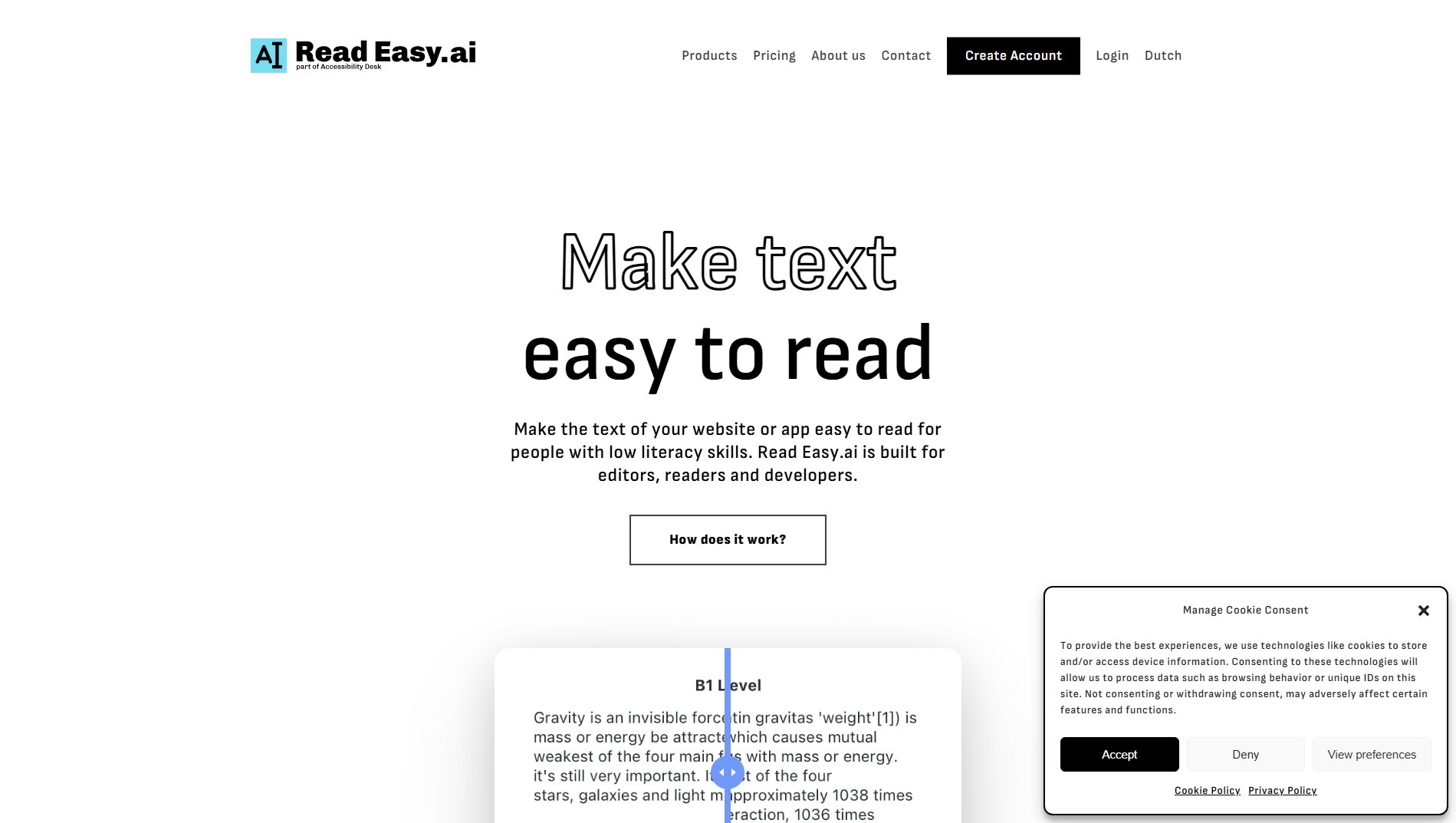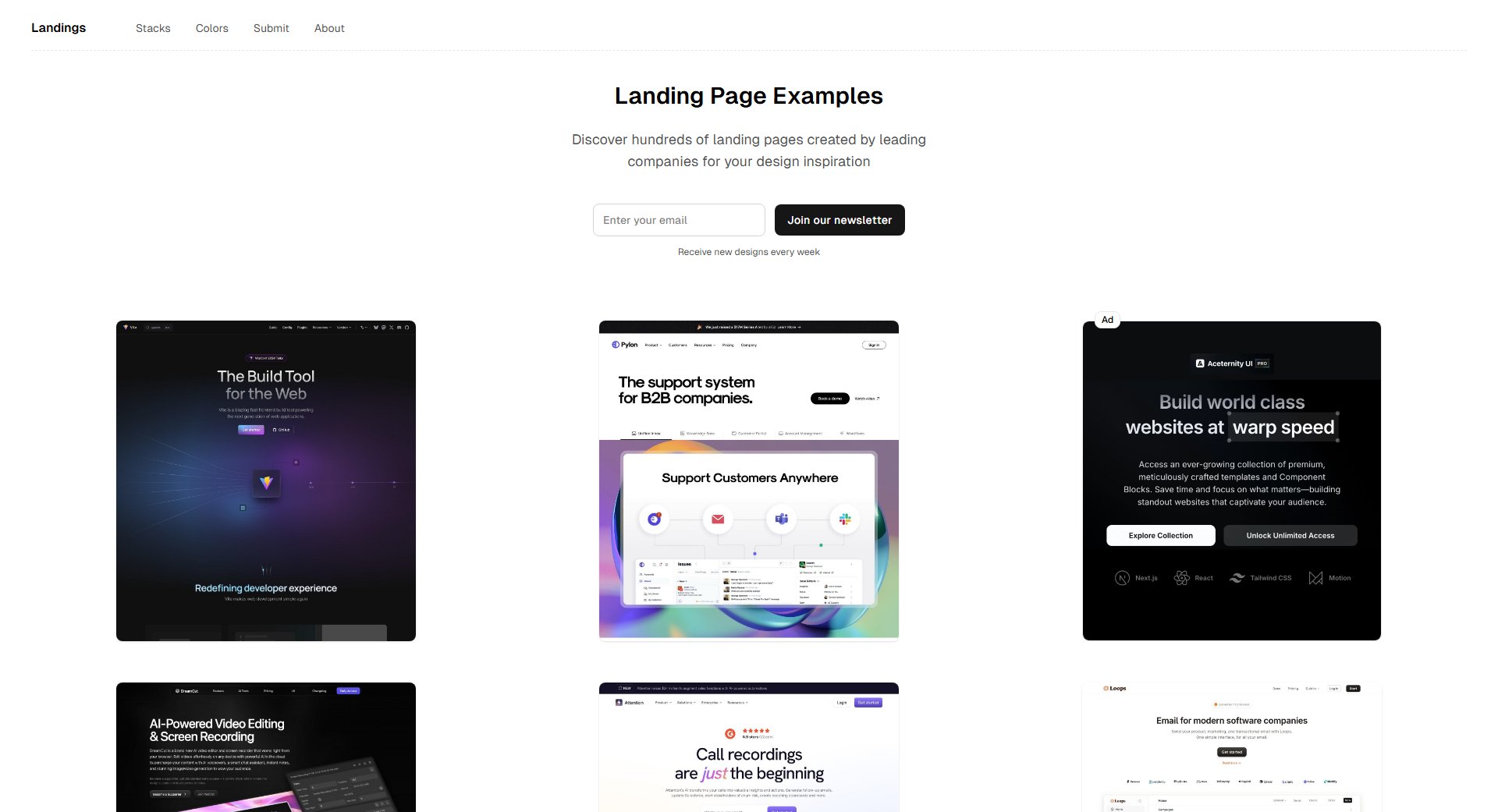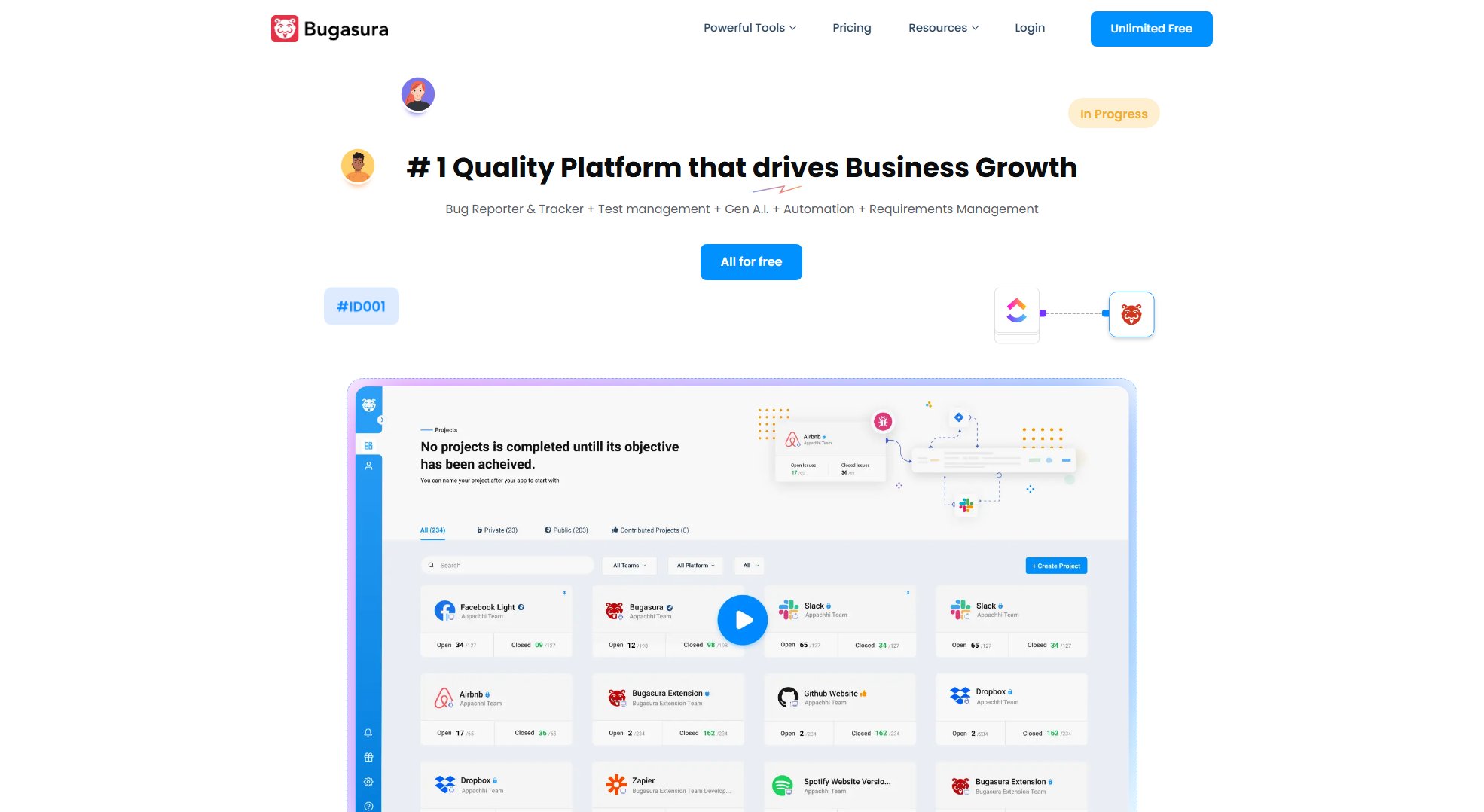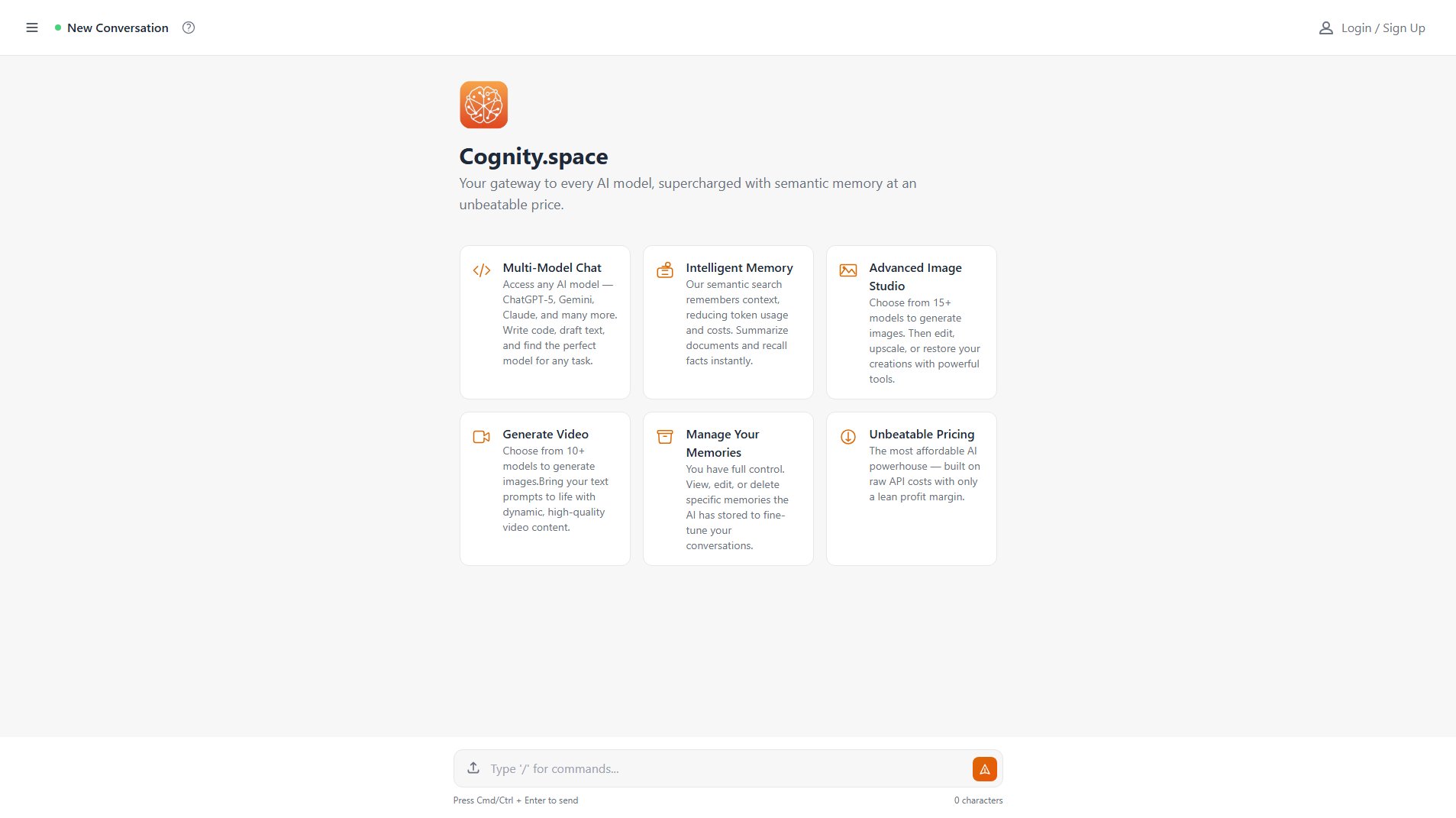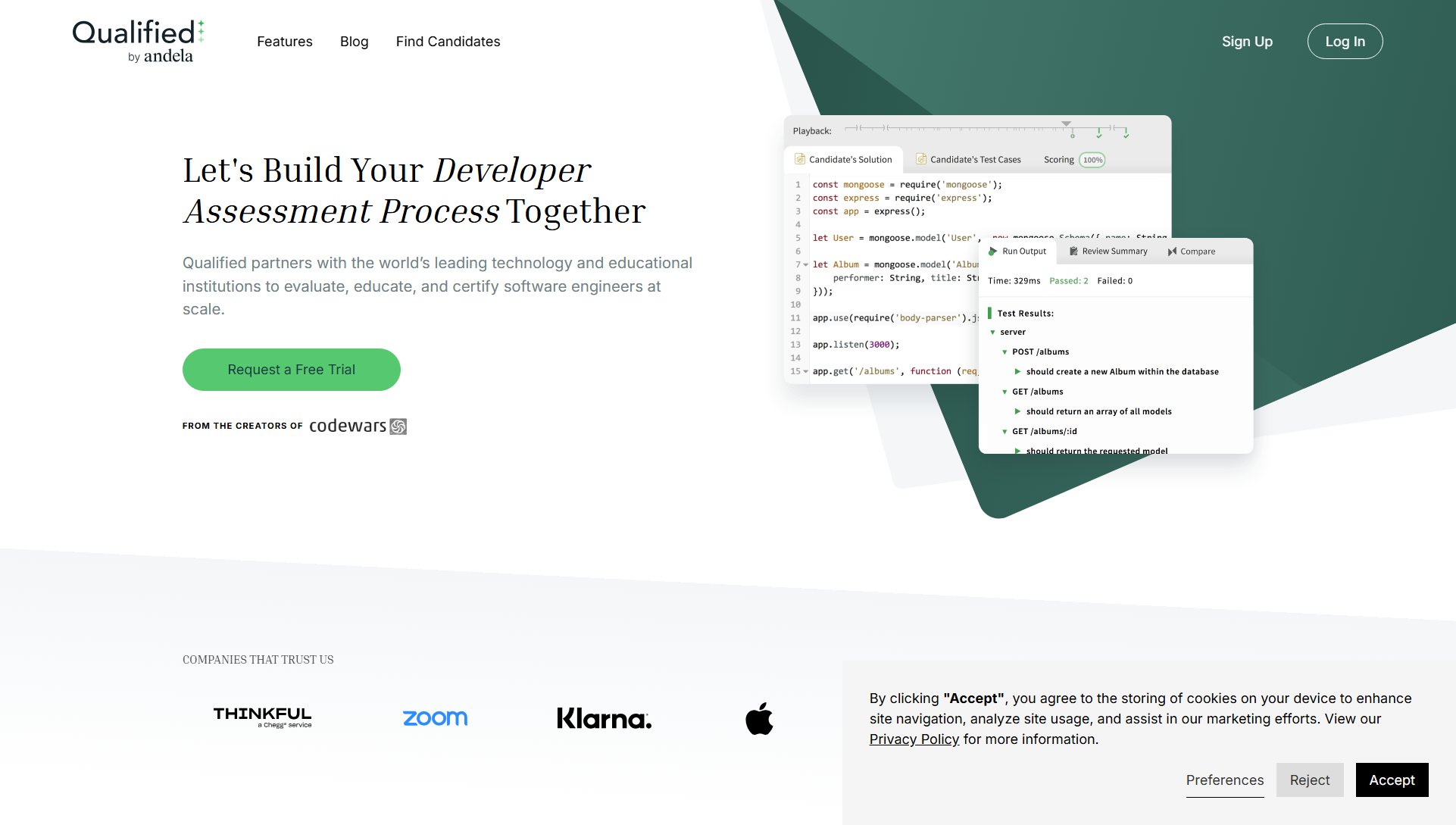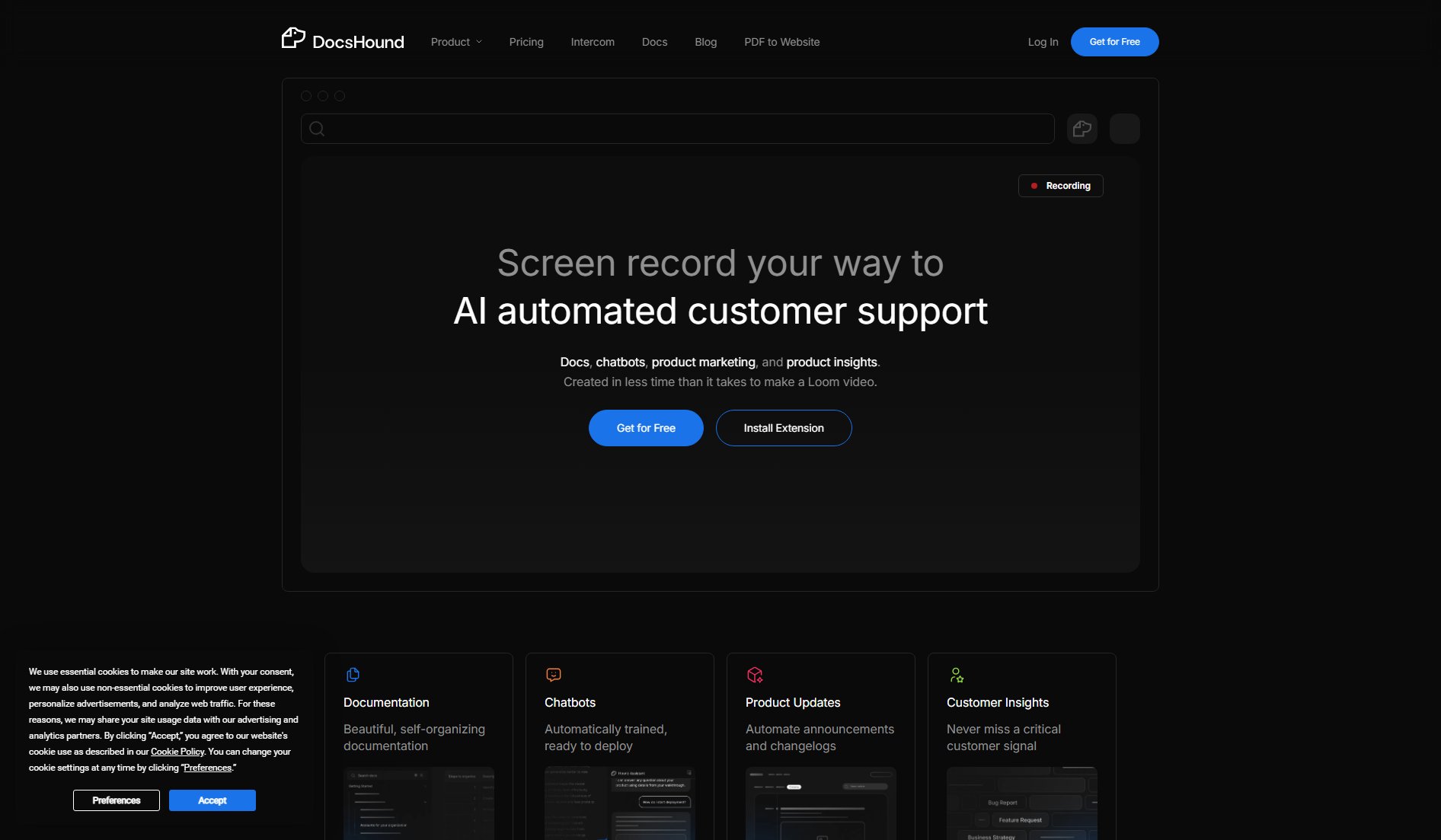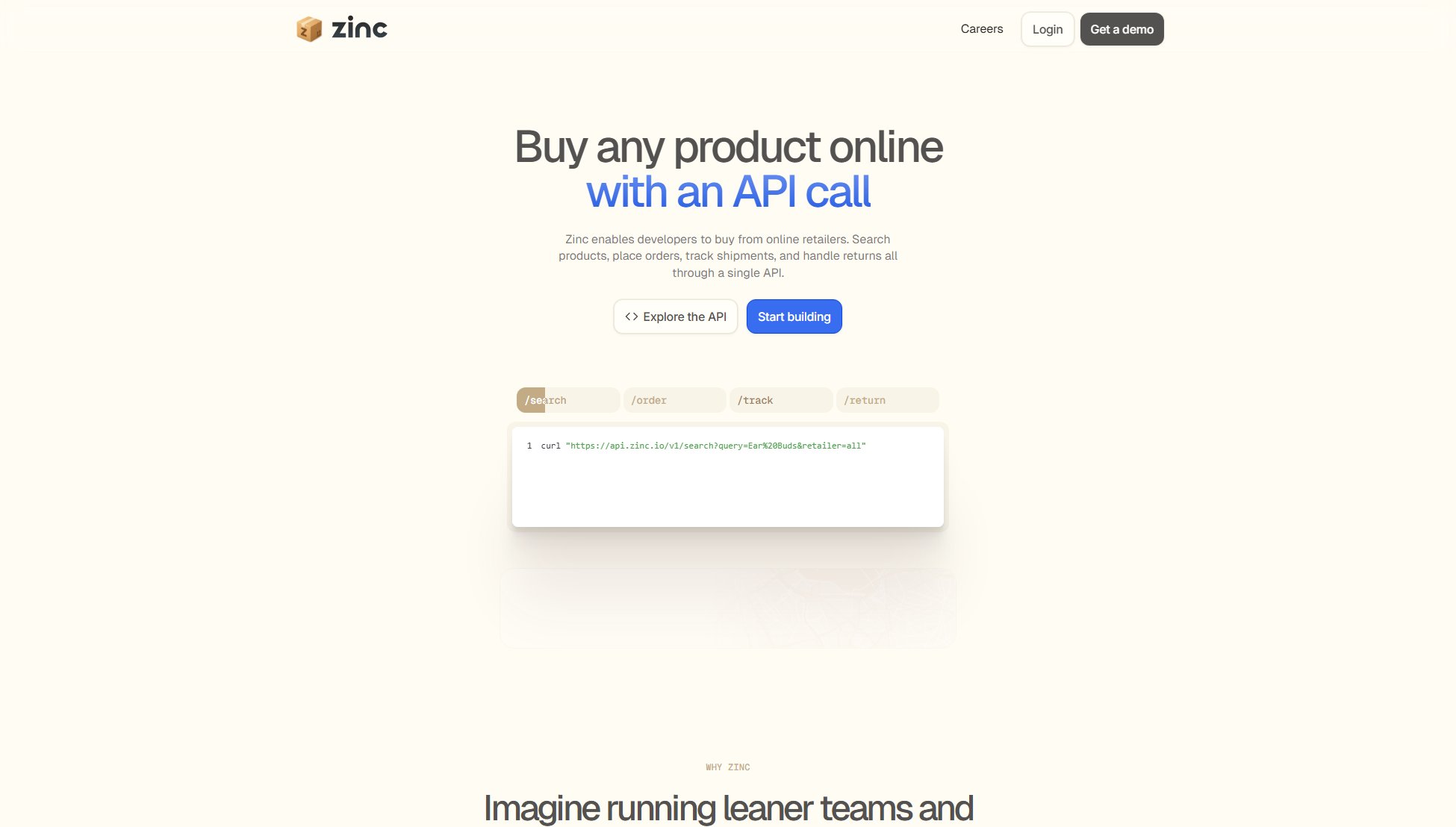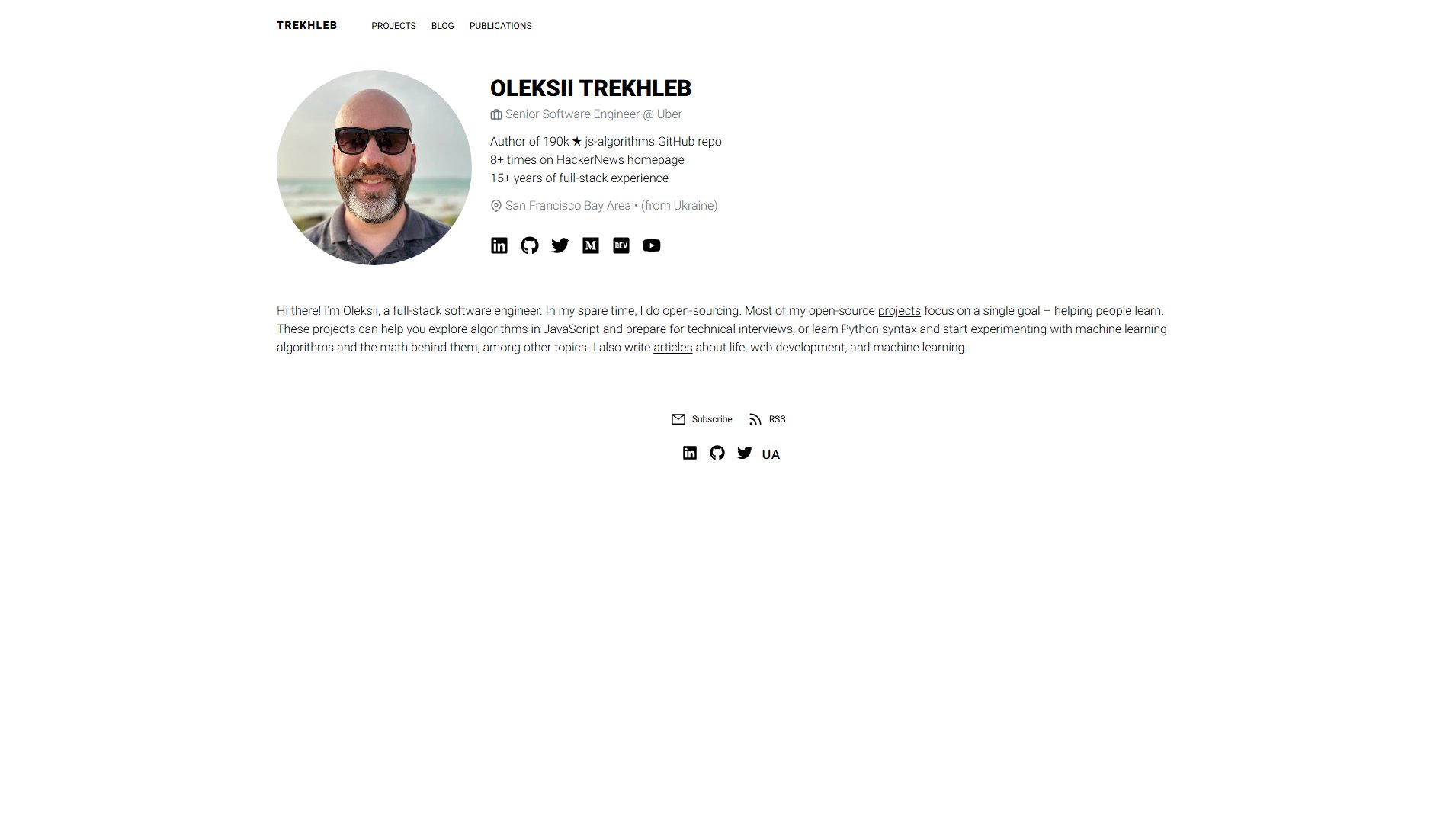MCPcat
User analytics and live debugging for MCPs
What is MCPcat? Complete Overview
MCPcat is a powerful analytics and debugging tool designed specifically for MCP (Multi-Command Platform) servers. It provides deep insights into user behavior by tracking every interaction and tool call, helping developers understand how their MCP servers are being used. The tool captures user intentions rather than just actions, offering context on every tool call to reveal the user's thought process. MCPcat is ideal for developers and teams looking to optimize their MCP servers, identify missing features, and improve user experiences. With easy integration via Python and TypeScript SDKs, MCPcat enables session replay, user intent tracking, and data-driven optimizations to enhance server performance.
MCPcat Interface & Screenshots
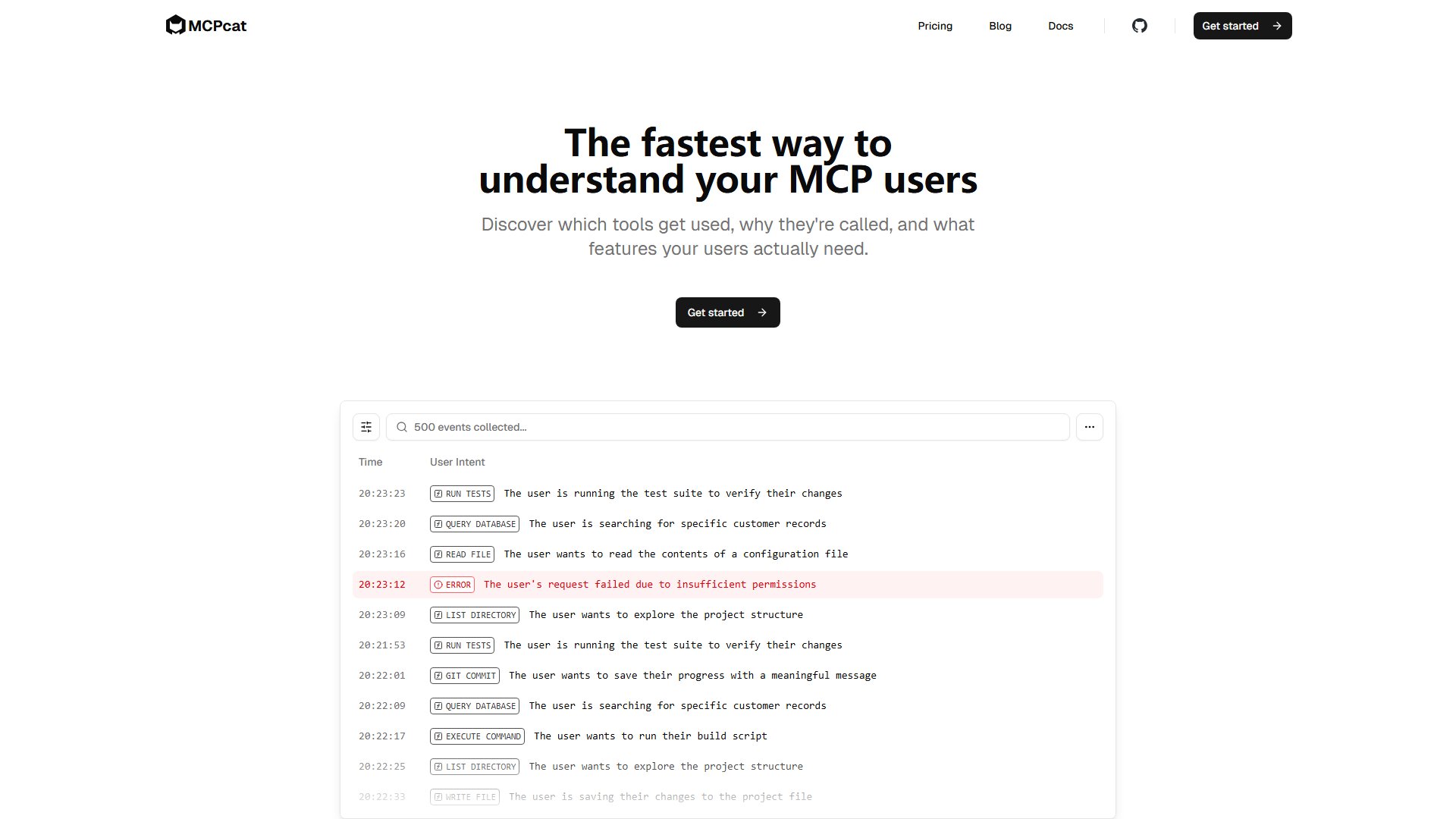
MCPcat Official screenshot of the tool interface
What Can MCPcat Do? Key Features
Track Every User Interaction
MCPcat captures all events from every user in every MCP server, providing a comprehensive view of user behavior. This includes details like code formatting, test execution, database queries, and more, helping you understand exactly how your tools are being used.
Capture User Intentions
Unlike traditional analytics tools, MCPcat goes beyond actions to capture the user's intent behind each tool call. This context helps you get inside the user's head, revealing why they performed specific actions and what they were trying to achieve.
Session Replay
MCPcat allows you to replay entire user sessions, giving you a firsthand look at how users interact with your MCP server. This feature is invaluable for debugging, identifying pain points, and improving the overall user experience.
Cross-Session User Tracking
Follow users across multiple sessions to understand how their behavior evolves over time. This helps you monitor their journey through your product and identify patterns or trends in usage.
Quick Integration
MCPcat can be integrated with just a few lines of code, making it easy to start collecting analytics immediately. The tool supports Python and TypeScript SDKs, with plans to expand to other languages based on demand.
Identify Missing Features
By analyzing user actions, MCPcat helps you identify gaps in functionality or unclear tool inputs. For example, it can highlight when users struggle with ambiguous commands, like timezone changes, enabling you to refine your tools.
Best MCPcat Use Cases & Applications
Optimizing Tool Performance
A development team uses MCPcat to identify frequently used tools and optimize their performance. By analyzing session replays, they discover that a particular tool is slow due to inefficient code. They refactor the tool, resulting in a 45% performance improvement.
Identifying Missing Features
A product manager notices users struggling with a timezone change tool. MCPcat reveals that users are confused about input formats (TZ identifier, abbreviation, or UTC offset). The team updates the tool with clearer instructions, reducing user frustration.
Debugging User Issues
A support team replays a user's session to diagnose an issue where a command fails unexpectedly. They pinpoint the exact moment the error occurs and fix the underlying bug, improving reliability for all users.
Enhancing User Onboarding
A company uses MCPcat to track how new users interact with their MCP server. They identify common stumbling blocks and create targeted onboarding materials, reducing the time it takes for users to become proficient.
How to Use MCPcat: Step-by-Step Guide
Install the MCPcat SDK using npm for TypeScript or pip for Python. For TypeScript, run `npm install mcpcat`. For Python, follow the installation instructions provided in the documentation.
Import the MCPcat library into your MCP server code. For TypeScript, use `import * as mcpcat from 'mcpcat'`. For Python, use `import mcpcat`.
Initialize MCPcat by calling the `track` function with your MCP server instance and project ID. For example: `mcpcat.track(mcpServer, 'your-project-id')`.
Register your server tools before calling the `track` function to ensure all interactions are captured. This step is crucial for accurate analytics and session replay.
Start your MCP server and begin collecting analytics. MCPcat will automatically track user interactions, tool calls, and sessions, providing real-time insights into user behavior.
Access the MCPcat dashboard to view analytics, replay sessions, and identify areas for improvement. Use the insights to optimize your MCP server and enhance the user experience.
MCPcat Pros and Cons: Honest Review
Pros
Considerations
Is MCPcat Worth It? FAQ & Reviews
A session is a single period of interaction between an end-user and your MCP server. MCPcat measures sessions by tracking user activity and identifying periods of inactivity that indicate the user has moved on to a different task.
Yes! MCPcat offers a free plan with up to 1000 sessions per month. You can get started by following the documentation for Python or TypeScript SDKs.
If you're using another language, contact MCPcat at [email protected]. The team is open to developing new SDKs based on demand.
Yes, MCPcat allows you to anonymize data using custom functions during SDK initialization. Check the documentation for details on how to implement this.
Yes, MCPcat offers free plans for teams building open-source products. Reach out to [email protected] to discuss your project.
